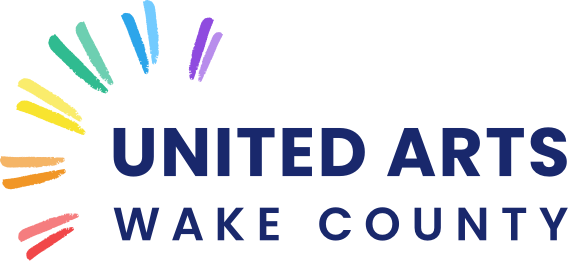Lesson Goals
Students will be able to identify musical characteristics.
Students will be able to understand the relationship between music and events.
Students will be able to describe specific musical events.
Students will research 15th century France and blog about significant people and events. Students will then connect, in their blog, elements of a French folk song we are studying with events happening in 15th century France.
Materials
Technology (ipad, tablet, laptop, computer) whatever is available
“Sur le Pont d’Avignon”
Books about 15th century France
Activities
Week 1/Lesson 1
1. Listen to the song, “Sur le Pont d’Avignon”
2. Discuss different elements students heard (voice, dynamics, tone, etc.)
3. Review the lyrics of the song.
4. Have students split into groups of 3-5 and create movements for the chorus
5. Pick and choose a few groups to perform their movements
6. Within the same groups ask students to think, share, plan, and create a tableau to show a verse (1-4) of the song.
Week 2/ Lesson 2
7. Ask students if they have heard about blogging.
8. Discuss and collaborate as a class blogging and the purpose of blogging.
9. Task students with researching 15th century France (customs, society, music, food, etc.)
10. Have them blog from the perspective of a young person living in 15th Century France (they can choose or you can assign what social class perspective they are writing from.)
Week 3/ Lesson 3
11. Listen to the song, “Sur le Pont d’Avignon”
12. Discuss similar characteristics between the song and what they have blogged about.
Differentiation Approaches
Students can draw a picture of what they learned about 15th Century France and describe it, instead of blogging.
Students can listen and respond with movement to “Sur le Pont d’Avignon”.
Assessment
Students will be able to compare and contrast musical and historical characteristics.
Follow Up and Extension Ideas
Students can apply this same listen, movement, research, write, discuss approach to learn about various cultures and historical times and relate it to music, art, movement, interpersonal relationships, and more.
Students can help in learning about geographical locations by allowing students to take on the perspective of someone living in that location in that time.
This can be used when studying different types of music to help students make the connection on how what was going on in society and with people can be heard in the music of that time and/or location.
Additional Details
- Grade Level: Second, Third
- Arts Content Area: Creative Writing, Dance, Music
- Non-Arts Content Area: English Language Arts, Technology


